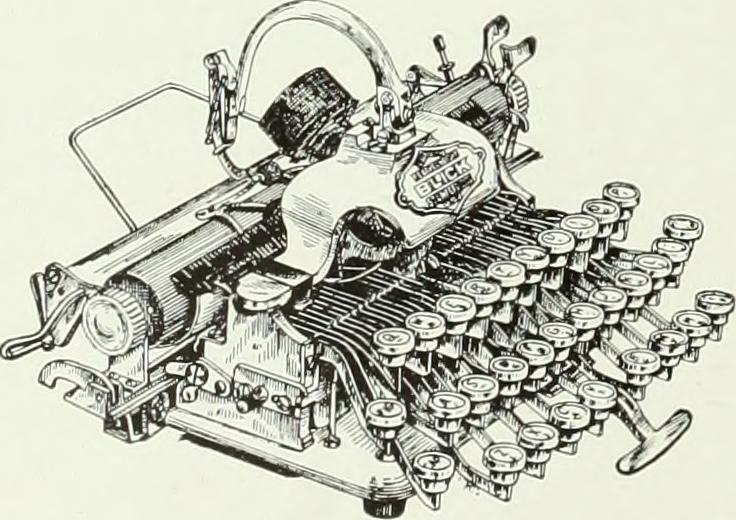Handout: I heard you in a talk briefly describe the feelings of hope and optimism surrounding the early days of Mao, and how you wouldn’t try to explain this to someone too young to have experienced it, because they would not understand.
Finkelstein: I suppose there’s a whole literature on the idealism (idealistic illusions?) of youth being dispelled by the cruel realities of life. Most people use this life’s experience as a rationalization for their decision to join the mainstream. The bigger challenge is to preserve one’s hope without being naive. I still believe most people are basically good. It’s power and privilege that corrupt, so we must both be ever-vigilant and also contrive a society that puts checks on power and privilege without curbing the ordinary human desire to be distinguished and achieve success in life.
Handout: Do you foresee the possibility of the “cruel realities of life” – at least those caused by inequality and power relations – being made less cruel or less intrusive into people’s lives? How do you think this can be achieved? If most people will join the mainstream, the only answer is to change the mainstream?
Finkelstein: By “cruel realities of life,” I meant that, in our youth, we want to believe that the people we look up to are motivated by the idealism of their words. It is only later that we discover that ambition, vanity, power-lust, self-aggrandizement, etc. play a major larger role in human motivation than we might have wished.
The object of politics must always be changing the mainstream; otherwise it’s either a cult or a cabal. I have no interest in only reaching like-minded people.
Interview from January 2013
published in Handout issue 7
